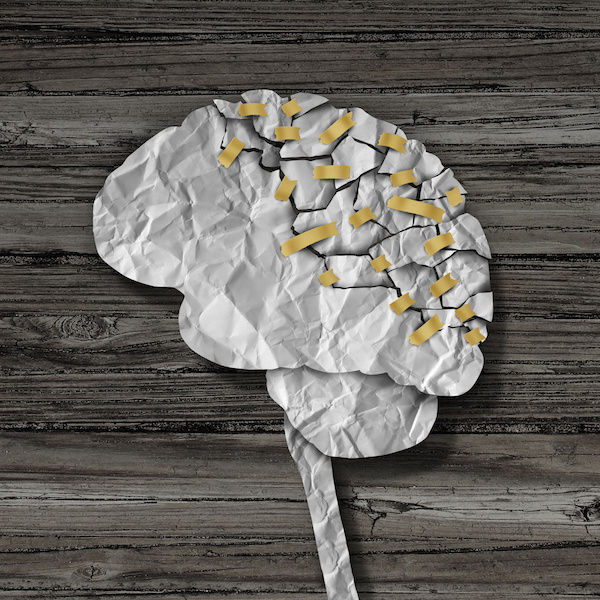FRIDAY, Feb. 10, 2017 (HealthDay News) — Even after their symptoms disappear, concussion patients may still have difficulty driving, a small study suggests.
The study included 14 college-age participants who were tested on a driving simulator within 48 hours after they no longer felt the effects of their concussions.
Despite feeling like they had recovered from their head injuries, the patients were still likely to drive erratically. At times, their skill levels were similar to driving after drinking, the University of Georgia researchers said.
“They had less vehicle control while they were doing the driving simulation, and they swerved more within the lane,” said study author Julianne Schmidt.
“This is a pretty large indicator of motor vehicle accident risk, and this is at a time point when they are considered recovered,” Schmidt, an associate professor in the kinesiology department, said in a university news release.
Concussion research tends to focus on when injured athletes can return to play, and the issue of driving after a concussion has not been investigated, the researchers noted.
“In athletics, we don’t restrict their driving before their symptoms resolve,” Schmidt said. In many cases, people drive themselves home from the event or practice where the concussion occurred — “there are no restrictions there,” she said.
Yet, “we would never let them go out on the field or court; we’re very strict about that,” Schmidt noted.
The study findings suggest that concussion patients’ driving should be restricted at least until symptoms clear, and possibly after that, she said.
The research team plans to try to determine when concussion patients’ driving abilities improve, and to develop guidelines to help recommend when driving should be restricted.
The study was published online recently in the Journal of Neurotrauma.
More information
The U.S. National Institutes of Health has more about concussion.
Copyright © 2026 HealthDay. All rights reserved.

